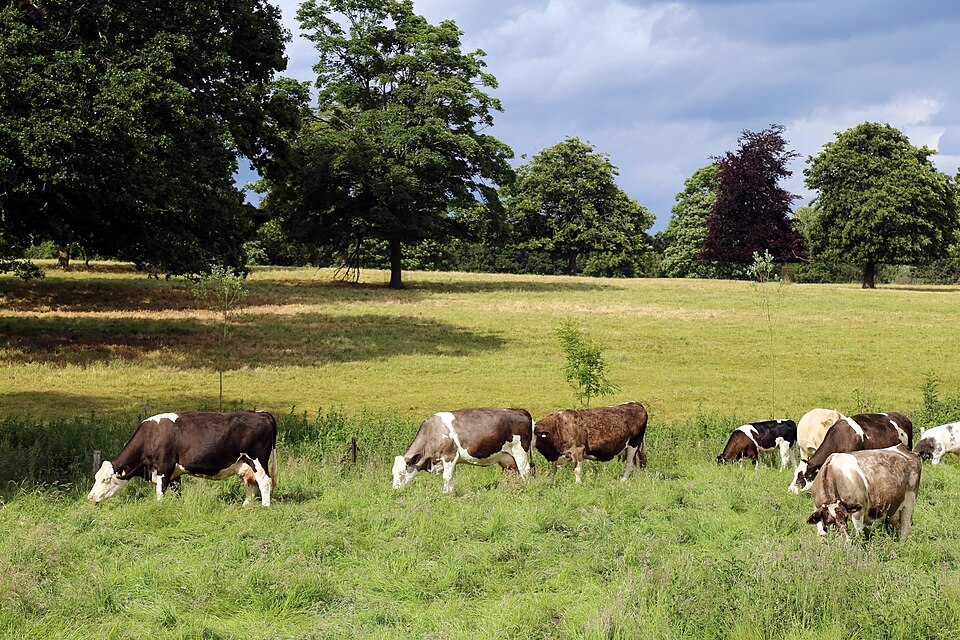
Defra announces changes to cattle identification and traceability in England, aiming to enhance disease control and support trade.
Cattle identification, registration, and movement reporting in England will undergo major changes over the next two years, the Department for Environment, Food and Rural Affairs (Defra) confirmed today (Monday, 2 June). These updates mark a significant step toward improving disease control, boosting productivity, and enhancing international trade capabilities across the livestock sector.
Starting in Summer 2026, Defra will implement a series of reforms to modernise cattle traceability. Central to these changes is the mandatory introduction of electronic identification (EID) for all calves born from 2027 onwards, using low frequency (LF) technology. Unlike traditional visual tags, EID eartags can be scanned electronically, streamlining the tracking process and reducing the chance of human error.
This move is expected to strengthen the UK’s ability to prevent, detect, and respond to outbreaks of animal disease, offering greater protection to farmers and the wider rural economy.
To support the transition, a new cattle movement reporting system will be launched, designed to be simpler and more user-friendly for farmers, livestock markets, abattoirs, and regulators. The updated system is part of Defra’s broader goal to simplify regulation while enhancing productivity, food security, and export readiness.
These reforms come alongside a wider government commitment to biosecurity, including a £200 million investment in the UK’s primary animal disease research and testing centre at Weybridge, and the recent launch of free annual vet visits for livestock farmers in England. These visits provide disease checks, biosecurity advice, and tailored animal health and welfare recommendations.
Biosecurity Minister, Baroness Hayman, described the move as a “significant milestone in modernising how we manage cattle health, welfare, and traceability,” noting the reforms strike a balance between simplifying rules and supporting growth and resilience in the sector.
UK Chief Veterinary Officer, Dr. Christine Middlemiss, praised electronic identification as a "game-changer" for disease tracking. “Faster, more accurate cattle movement data is essential for managing outbreaks and maintaining our high biosecurity standards,” she said. “Announcing this change early gives industry the clarity needed to prepare — ensuring that tags, readers, and digital systems will be ready ahead of implementation.”
Defra also plans to take a more proportionate approach to enforcement, allowing farmers to correct issues before penalties are applied. This reflects a broader strategy to cut red tape while improving compliance and disease response.
The reforms follow the 2023 Cattle Identification Consultation, which showed strong support from across the livestock industry. They also align with the UK-EU Sanitary and Phytosanitary (SPS) agreement, expected to reduce trade friction and open up further opportunities for agri-food exports. Photo by Acabashi, Wikimedia commons.




































